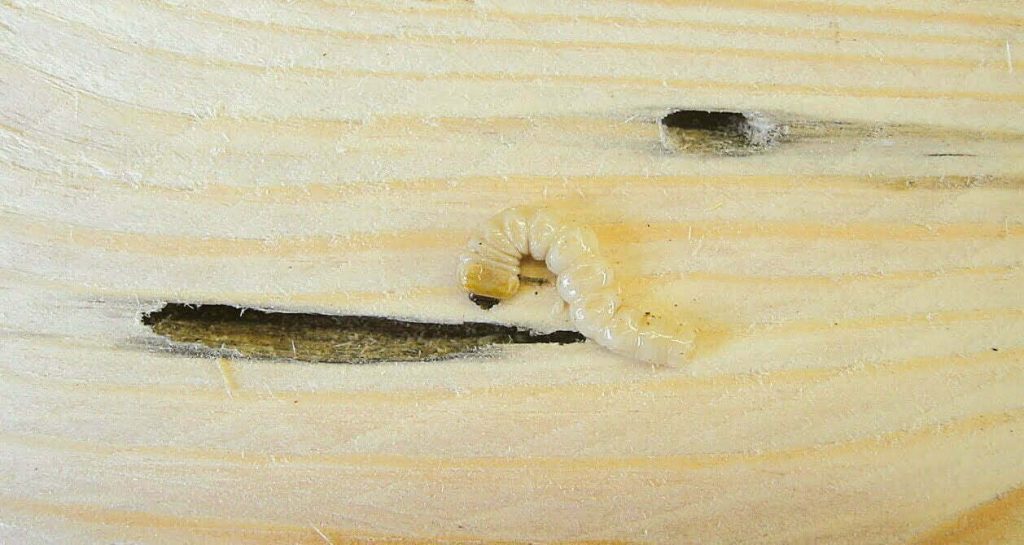WOODEN PACKAGING SOLUTIONS: PROTECTION OF CARGO FROM BACTERIA
A study has shown that wooden packaging solutions are better at protecting cargo from bacteria during transportation and storage than other types of packaging.

The study, ordered by EPAL Germany and conducted by the Institut für Holztechnologie in Dresden from February 2018 until December 2019, involved a comparison of microbial properties of standard European EPAL pallets and H1 plastic pallets. The results are published by TheLoadStar.com with a reference to FEFPEB (European Federation of Wooden Pallet & Packaging Manufacturers).
As a result of the study, it was found that bacteria generally survive better on plastic packaging, but rough surfaces of plastic caused by wear create perfect conditions for bacterial growth. Whereas on wooden surfaces, bacteria have a lower survival rate, which is determined, among other factors, by the natural antibacterial properties of wood, which prevent the spread of microorganisms. According to the study, the antibacterial activity of wooden pallets is more than thirteen times higher than that of plastic H1.
Thus, the authors of the study have concluded that wooden packaging, and pallets in particular, is better suited for use in hygiene-sensitive areas (for example, food products).
It is important to note that besides the protection of cargo from bacteria, wooden packaging solutions such as pallets combined with pallet collars are more reliable than other types of packaging for protecting cargo from damage, which can happen during transportation or storage in the warehouse. Moreover, wooden packaging can be used many times, saving on costs, and is thus the most environmentally friendly solution.
























